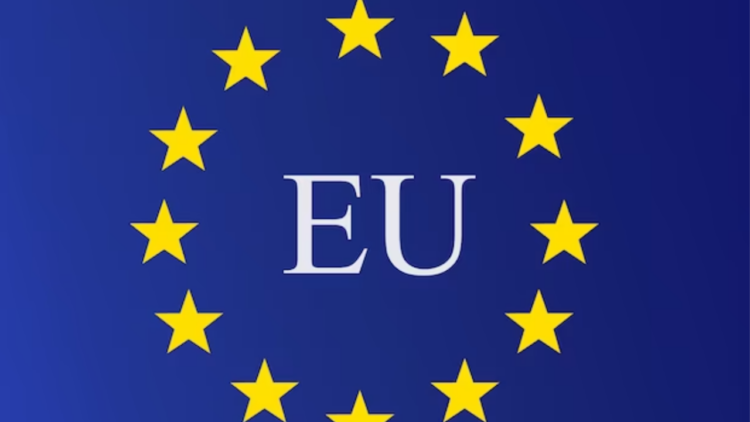In response to the unprecedented diphtheria outbreak in Nigeria, the European Union (EU) has released €1,000,000 (N847 million) in humanitarian funding to fight the spread of the disease and assist the most affected communities.
This comes in addition to the €150,000 that the EU allocated to the Disaster Response Emergency Fund (DREF) of the International Federation of Red Cross and Red Crescent Societies (IFRC) in March 2023 to help control the epidemic.
This new EU funding will enable UNICEF and the medical NGO ALIMA to contribute to the response by providing technical and staff support to frontline health agencies to enhance surveillance and case detection, treatment of cases, raise community awareness and assist with the procurement of vaccines.
Nigeria is currently facing the world’s second largest diphtheria outbreak, with 10,322 confirmed and 16,616 suspected cases since the beginning of the year.
Kano State in the North-West represents the outbreak’s epicentre, with 8,447 confirmed cases and 589 deaths.
The most affected states are Kano, Yobe, Katsina, Borno, Bauchi, and Kaduna, which collectively account for 96% of all suspected cases.
Despite control efforts since the start of the outbreak in late 2022, the disease has gradually spread to other states in the North-West and North-East.
Children aged 1 to 14 years represent 72% of all confirmed cases.
Analysis of the vaccination status reveals that over 60% of all suspected cases have not been vaccinated.
This funding is part of the EU’s Epidemics Tool, created to provide rapid funding in case of a disease outbreak.
Diphtheria is a highly contagious bacterial infection transmitted between humans.
It causes an infection of the upper respiratory tract, which can lead to breathing difficulties and suffocation.
Those most at risk are children and people who have not been fully vaccinated against the disease.
